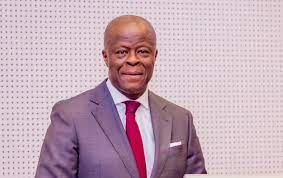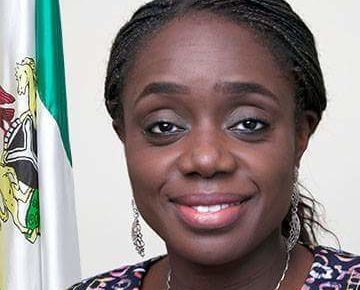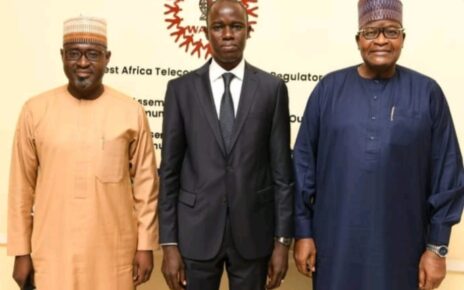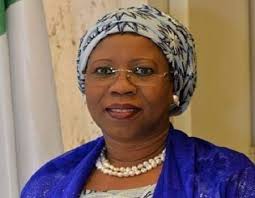The Minister of Finance and Coordinating Minister of the Economy, Dr. Wale Edun, said on Friday that the last time Nigeria’s economy looked stable was about 10 years ago, noting that since then the performance of the economy has been oscillating.
The minister made this remark in his maiden press conference in Abuja during which he outlined President Bola Tinubu’s vision, agenda and strategy for sustainable growth of the economy.
He said: “I think as we all know, we are not where we should be. The economy is barely growing above the rate of population growth.
“But it was not always so, and I think in trying to look at the way forward, if we now have a situation of slow growth, double-digit inflation, weak/depreciating exchange rate, as well as security concerns that are resulting in an economy that is not growing and not taking Nigerians out of poverty.
“If we think back to the last time when the economy was stable- when it was growing, when inflation was low, and the interest rate was affordable, that period was about a decade ago. Growth was about 6% in 2013 and 2014”, the minister added.
According to him, the prevailing circumstances that necessitated the economic growth of the 2010s are no longer present today, hence the latest strategy of the new government to promote private funding of key sectors, through foreign direct investments (FDIs) and domestic investment by Nigerians, as ways to spur economic growth.
Edun said that President Tinubu’s antecedents of deploying private investment in areas such as infrastructure, power, waste management and other during his tenure as Governor of Lagos served as a pointer towards the plan of the current administration.
On the key priorities of the new administration, the minister clarified: “The key priorities are to improve the lives of Nigerians by providing food security and by ending poverty.
“His plan for the economy is economic growth, job creation, access to capital- particularly consumer credit that makes goods affordable to the average Nigerian.
“Utilising our human resources- our vast, capable human resources, by focusing on inclusivity – women, youth and making all have the opportunity to contribute to prosperity and likewise focusing on security, rule of law and corruption. He intends to create a fairer, safer playing field for all”, he added.
Edun explained that objective measure of performance will be used to assess the administration and cited inclusivity, saying “in the area of inclusivity, we will measure literacy rate, out-of-school children and see how successful the trend in reducing out-of-school children, rule of law, anti-corruption etc likewise other metrics will be used to check how well the administration is doing.”
He also maintained that the most critical way to achieve the goals of the Tinubu-led administration’s economic agenda was to boost revenue so that there will be enough funding to meet its expenditure.
The minister further said: “On the one hand is by increasing tax revenue not by increasing taxes but by bringing greater efficiency and to maximise the revenue. There will be an emphasis on efficiency in government expenditure and effective debt management so that borrowing has linked to it, the effective debt management.
“Overall, the President is going to provide a better life for all by encouraging investment that improves productivity, grows the economy and thereby creates jobs and reduces poverty”, he added.




